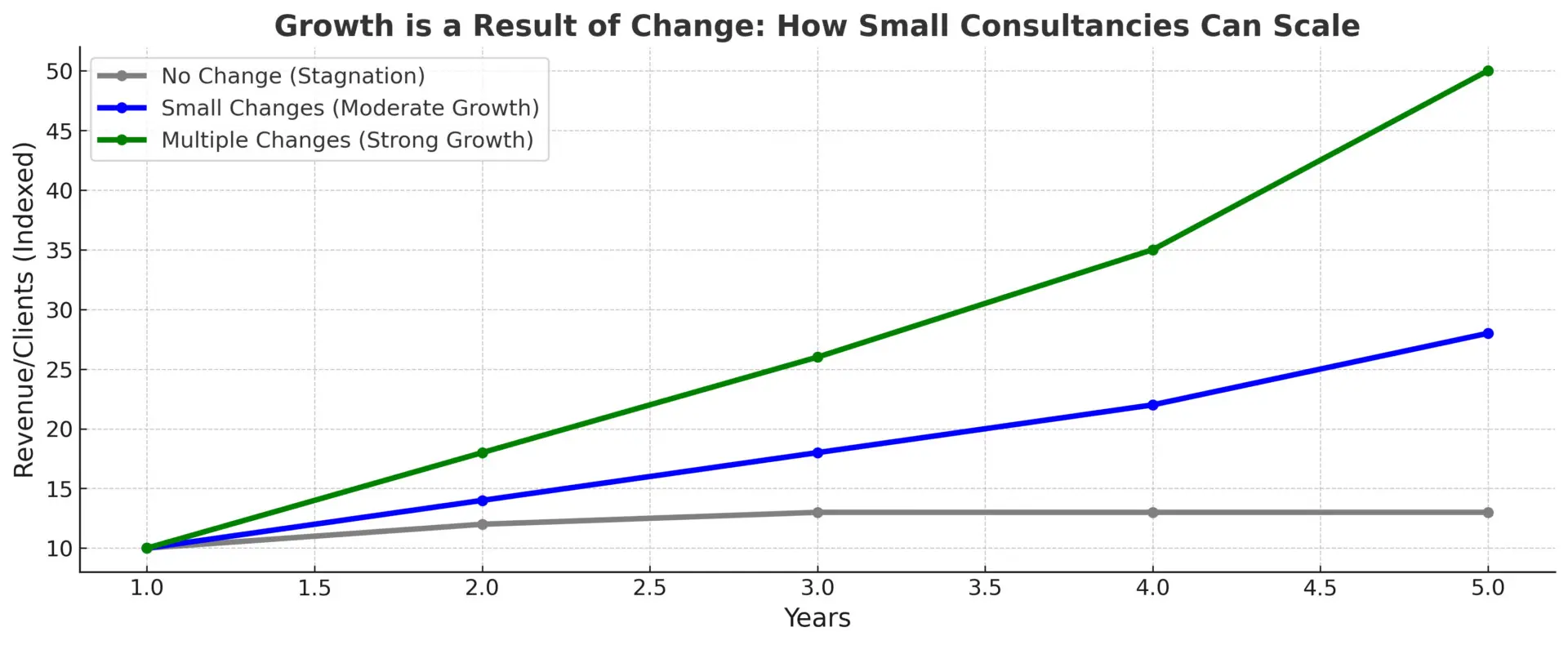
The integration of Artificial Intelligence (AI) into the consulting industry heralds a transformative era, poised to redefine productivity paradigms and competitive dynamics. With the potential to enhance personal productivity by at least 60%, AI promises to augment the capabilities of consultants across text generation, image creation, video production, research, and assessments. However, this leap in efficiency brings with it significant challenges for major consultancies, particularly in balancing the surge in service capabilities against market demand. This article explores the implications of AI’s rise in consulting, from individual consultants to industry giants, and the evolving landscape of client services.
Boosting Productivity with AI
AI’s capacity to automate and enhance tasks has the potential to revolutionize the consulting profession. By taking over routine and time-consuming activities, AI allows consultants to focus on higher-value aspects of their work, promising a productivity increase of up to 60%. This shift not only accelerates project timelines but also elevates the quality of deliverables, setting a new standard in consultancy efficiency and effectiveness.
Redefining the Competitive Edge
The democratization of AI tools threatens to erode the traditional advantages held by large consultancy firms. As smaller firms and independent consultants gain access to powerful AI capabilities, the playing field levels, intensifying competition and compelling larger firms to find new ways to differentiate their offerings. This scenario underscores the need for major consultancies to innovate, leveraging AI not just for operational efficiency but as a cornerstone of their value proposition to clients.
Addressing the Demand Dilemma
The prospect of significantly increased productivity raises concerns about the alignment with market demand. If the capacity to deliver consulting services exceeds the demand, the industry could face downward pressure on pricing and a reevaluation of traditional business models. This imbalance prompts a strategic reassessment of how consulting services are packaged, marketed, and delivered, with an emphasis on high-level strategic advisory and personalized client engagement.
Conclusion:
The advent of AI in the consulting industry signals a period of significant change, characterized by enhanced productivity, shifting competitive landscapes, and new strategic imperatives. To thrive in this new era, consulting firms must navigate the complexities of integrating AI into their operations while maintaining a focus on the unique value that human consultants bring to the table. This includes leveraging AI to enhance service delivery and developing specialized, high-touch advisory services that transcend the capabilities of AI alone. As the industry evolves, those who adeptly combine AI with deep human insights and strategic acumen will be well-positioned to lead the charge into the future of consulting.


